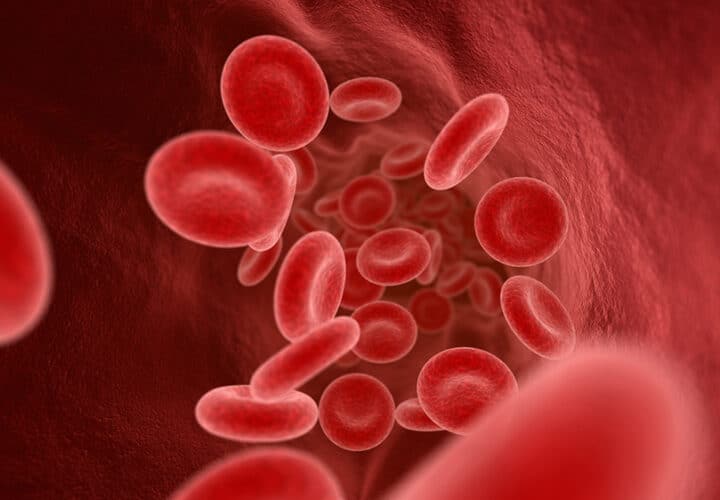Could smell tests help us diagnose Alzheimer's disease?
Is an Alzheimer’s smell test accurate? While a changing sense of smell could be related to changes in the brain, diagnosing a disease like Alzheimer’s is not as simple as holding a jar of peanut butter a few inches from your nose. However, testing a person’s sense of smell does give us insight into how different regions of their brain might be affected by neurodegeneration.
For the most part, once the symptoms of Alzheimer’s disease start showing up, it’s often too late to significantly intervene and alter the progression of the disease. We know now that physical changes in the brain associated with Alzheimer’s can start as many as 20 years before symptoms like confusion and memory loss set in. That’s why this study from McGill University on the relation between a sense of smell and the development of Alzheimer’s disease is so important. Detecting whether someone is in the early stages of Alzheimer’s could be as simple as a sniff test.
Smell Identification Study for Alzheimer’s Disease Early Detection
In the study, around 300 participants with an average age of 63 were given an Alzheimer’s smell test and asked to identify smells like gasoline, bubble gum and lemon. The participants were all considered at-risk for Alzheimer’s because one or more immediate family members suffered from the disease. Researchers found that the participants in the Alzheimer’s smell test who had the most difficulty identifying the scents also had the most evident biological markers for Alzheimer’s disease, like tau, and scored worse on memory tests. Considering the olfactory bulb (the brain’s scent identifier) and the entorhinal cortex (the part of the brain associated with memory and naming odors) are some of the first parts of the brain to be affected by Alzheimer’s, it’s a finding that makes sense.
“These findings from healthy high-risk older individuals suggest that odor identification reflects degree of preclinical Alzheimer’s pathology,” wrote the study’s authors. “Diminished odor identification may be a practical and affordable biomarker of Alzheimer’s pathology.”
A Diagnostic Tool Like Alzheimer’s Smell Test Could Reduce Disease Severity
According to one of the researchers working on the Alzheimer’s smell test study, delaying Alzheimer’s symptoms for just five years can reduce the severity of those symptoms by 50 percent. Researchers hope that developing less invasive tests to detect Alzheimer’s will allow patients to seek out clinical trials or make beneficial lifestyle changes earlier in order to stave off the symptoms of the disease for as long as possible.
Of course, it is important to note that loss of smell can be associated with a lot of different diseases, not just Alzheimer’s. The study was also observational, meaning it shows correlation between sense of smell and signs of Alzheimer’s in the brain, not that one caused the other. And the study was small by scientific standards, with 265 particiapnts.
“While impaired odor identification may in fact help identify persons who could for various reasons eventually have cognitive impairment, we strongly urge that our present cross-sectional results not be regarded as rationale for clinical use of olfactory testing as an Alzheimer’s diagnostic,” wrote the researchers.
For now, while an Alzheimer’s smell test could one day help doctors quickly and painlessly screen people at risk for Alzheimer’s, researchers still recommend that the same standard diagnostic tools be used in detecting the disease.
Read the full write-up here.



My dad had alzheimers, now I am beginning to get it. I am 69 yrs old. Any help you can advise would be good.
Kathy
Something doesn’t fit. I was diagnosed with AD many years ago (now 84) and my sense of smell is unbelievably good. Other than the fumes of ‘workshop chemicals’ whcih I can’t name, I can smell more than many youngsters. At sunset I sit outdoors and smell the passing air, scents of someone’s dinner, deodorant, garden spray, flowers, all pass by and I notice them all. I tell my husband that I’m smelling the passing parade. I consider myself the fire guardian of our home. My eyesight does not allow me to pass your silly visual tests. I shall have to ask help.
We love your story! Thanks for sharing — and thanks for reading. While there is a link between Alzheimer’s and sensory loss, not everyone with Alzheimer’s loses their sense of smell — and in fact, we’ve heard some great accounts of how the sense of smell can help people even in much later stages of the disease connect with fond, past memories. Keep smelling the roses. https://www.beingpatient.com/smell-training-for-dementia/